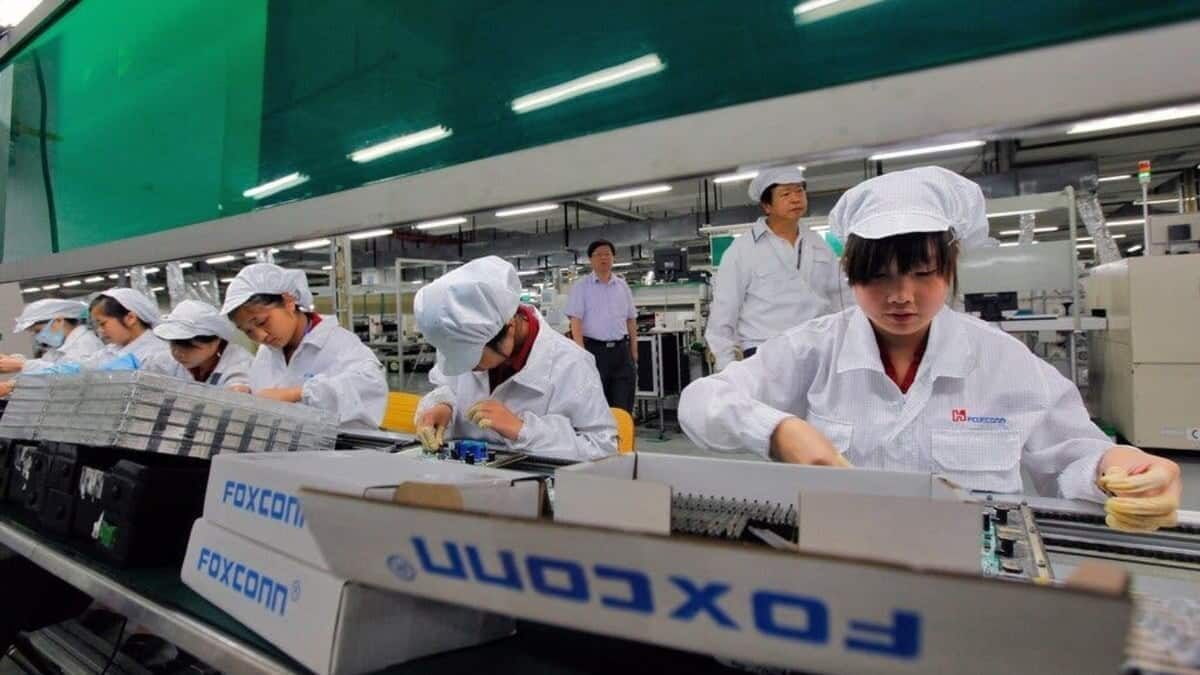
Apple considers replacing 50% of iPhone assembly workforce with machines
What's the story
Apple is reportedly planning a significant shift in its production process, with the aim to automate up to 50% of its iPhone assembly line workforce over the next few years. This decision, made by Sabih Khan, Apple's senior vice president of operations, follows violent protests between iPhone workers and police at Foxconn's primary assembly plant in November 2022. Despite the high costs involved in automation, Apple is urging its manufacturing partners to invest in this technology.
Workforce reduction
Automation impact on workforce and strategic acquisitions
Data from Apple's annual supply chain reports indicate a decrease in the total number of employees at its manufacturing partners, dropping from 1.6 million in 2022 to 1.4 million in 2023. This reduction suggests an early impact of Apple's push toward reducing human involvement in its production lines. To bolster its automation capabilities, Apple has strategically acquired DarwinAI and Drishti, companies specializing in artificial intelligence and real-time video analysis, respectively.
Automation progress
Automation initiatives and challenges in iPhone production
Peter Thompson, an operations vice president at Apple, is spearheading the automation initiatives. Over the past year, his team has successfully automated parts of the iPhone assembly process such as installing metal brackets and flexible printed circuit boards without human intervention. However, full automation has its hurdles. Plans to automate the installation of buttons and other components for the iPhone 16 were abandoned due to quality issues that did not meet Apple's standards.